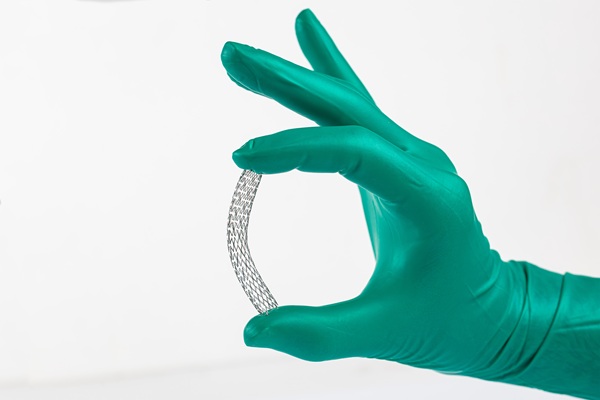3 Health Conditions That a Heart Specialist Can Treat

Wondering what type of health conditions a heart specialist can treat? Also known as cardiologists, heart specialists are medical professionals who diagnose, manage, and treat heart disease. Since there are different types of heart specialists, choosing the right one is necessary.
About cardiologists
When someone needs to see a cardiologist, it means their heart is in need of treatment. Many patients are referred to a cardiologist after reporting certain symptoms to their primary care professional, with shortness of breath, chest pain, and dizziness being some of the more common symptoms. In order for a cardiologist to figure out exactly what is wrong with the patient, they will perform certain tests and examinations.
3 Conditions that cardiologists treat
The list below includes some common health conditions that cardiologists treat in their patients.
1. Congenital heart disease
Congenital heart disease is a health condition that someone is born with. When someone is born with this birth defect, it means that there are defects in the structure of their heart, which can lead to them experiencing various types of heart-related problems. Because there is no cure for this heart condition, it is essential for anyone who has been diagnosed with congenital heart disease to be under the supervision of a heart specialist. According to the Mayo Clinic, cardiologists trained in congenital heart disease provide advice and consultation to patients throughout their lives regarding all types of medical conditions or treatments.
2. Coronary heart disease
Coronary heart disease is a condition in which the vessels that supply blood to the heart become damaged or diseased. One of the more common reasons for this occurring is due to a buildup of cholesterol. Because the coronary arteries are the type of arteries that supply blood, oxygen, and nutrients to one’s heart, a buildup of plaque can lead to one experiencing a number of heart-related problems. These problems include but are not limited to chest pain, heart failure, abnormal heart rhythms, and heart attacks.
3. Congestive heart disease
Congestive heart disease is a term used to describe what happens when the muscles of the heart are not able to pump the blood properly in and out of the heart. This condition is often due to one having high blood pressure or narrowed heart arteries, as living with these two conditions makes one's heart much weaker. When the heart is not able to pump blood effectively, it can cause someone to experience additional health problems. This includes but is not limited to chest pain, fatigue, swelling, weight gain, and difficulty breathing.
Do you need to see a heart specialist?
The more someone understands about their particular health condition, the more likely they will be to get any treatment they need. It is important to ask medical professionals questions, as this ensures that patients will receive the correct answers. For those who are living with one of the above health conditions, making an appointment with a cardiologist is a good first step.
Get more information here: https://boyntonbeach.floridapremiercardio.com or call Florida Premier Cardiology at (561) 229-1411
Check out what others are saying about our services on Yelp: Read our Yelp reviews.
Recent Posts
Coronary stent placement is a treatment for coronary artery disease, a buildup of plaque (fat and cholesterol) around the heart's arteries. Along with angioplasty, a stent helps restore blood flow to the heart, relieving symptoms such as chest pain and shortness of breath and helping prevent a heart attack. The following overview of coronary stent…
Heart disease treatment encompasses a range of interventions, from lifestyle changes and medications to surgical interventions. Individuals can manage their condition and improve their quality of life by working with a cardiologist. Successful heart disease treatment starts with the patient having the information they need to make informed decisions about their health.Also known as cardiovascular…
A heart specialist is a doctor specializing in diagnosing and treating cardiovascular conditions. Patients may be referred to one of these doctors for several reasons, from diagnosing a heart health issue to getting cleared for surgery. However, seeing a heart specialist is even more crucial for those either experiencing the signs of heart disease or…
Cardiologists perform angioplasty to open blocked arteries, specifically those caused by coronary disease. This minimally invasive alternative to open heart surgery can restore proper blood flow to the heart and often reverse the fast track to a heart attack. However, learning when one is necessary is crucial for treatment success.Coronary artery disease (CAD) is a…


